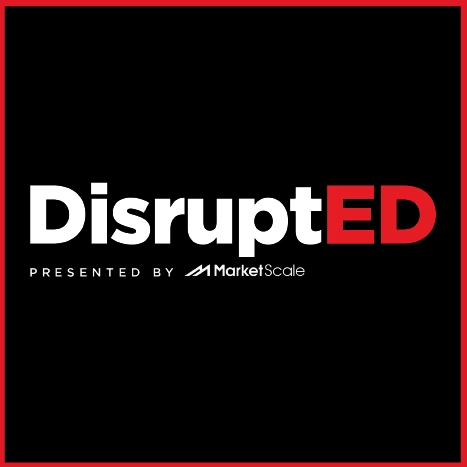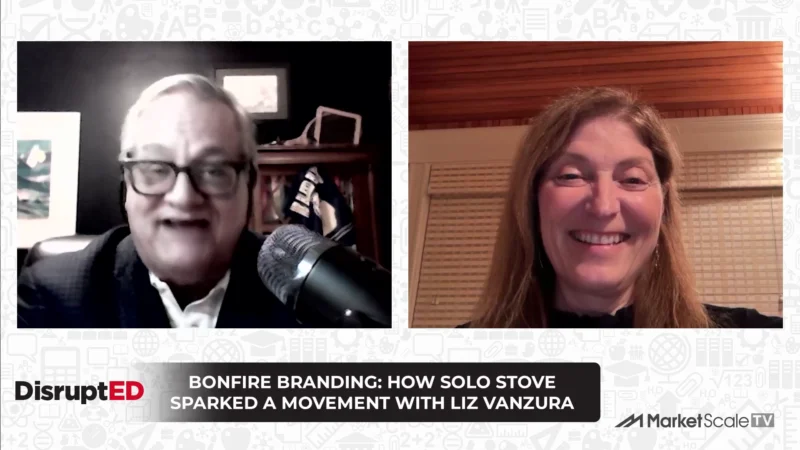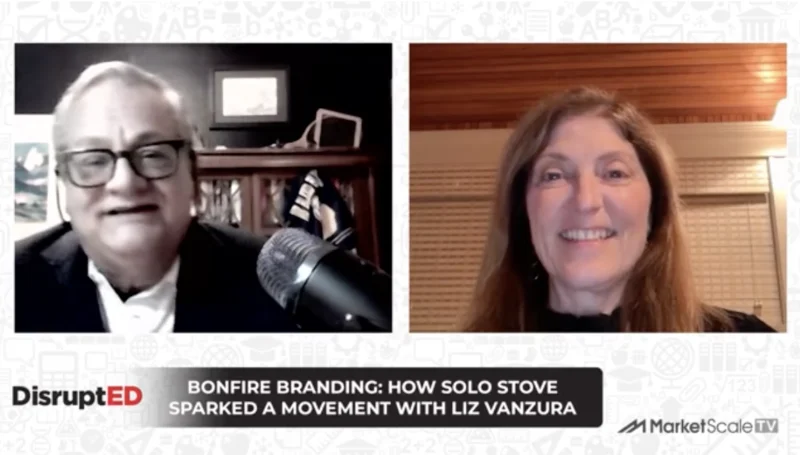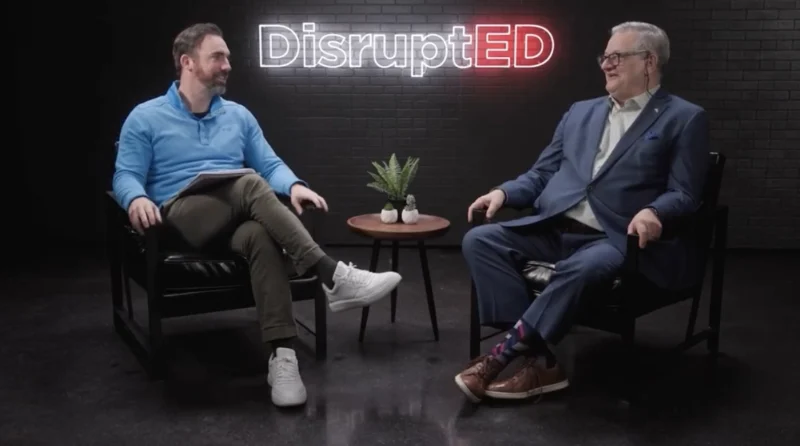DisruptED: How Energy Transition Leads To A Decarbonized World
In an era where the effects of climate change are becoming increasingly evident, the conversation around decarbonization and energy transition has never been more crucial. With the rise of technological advancements and global interconnectivity, the world is witnessing a shift towards sustainable energy solutions. However, the stakes are high. According to recent data, Earth Overshoot Day, the date when humanity’s consumption surpasses the Earth’s capacity to regenerate, landed on August 2nd this year, indicating an alarming rate of resource consumption. How are businesses and industries navigating the transition towards a more sustainable future?
On the latest episode of DisruptED, host Ron J. Stefanski engages in a riveting conversation with Gareth Evans, CEO of Veckta, where two talk about the challenges and opportunities presented by the decarbonization movement. Key points discussed include…
– The economic risks and opportunities associated with energy transition.
– The significance of Earth Overshoot Day and its implications on resource consumption.
– The role of businesses in driving the decarbonization movement and the potential for a $10 trillion infrastructure buildup over the next decade.
Gareth Evans, a Liverpool native, has an extensive background in environmental science and has worked globally in the energy sector. As the CEO of Veckta, Gareth is at the forefront of the energy transition movement, providing solutions for businesses to transition their energy systems efficiently. With experiences ranging from supporting oil and gas companies in Iraq to working with LNG facilities in Australia, Gareth brings a wealth of knowledge and expertise to the table.
Article by Rafael Abreu




